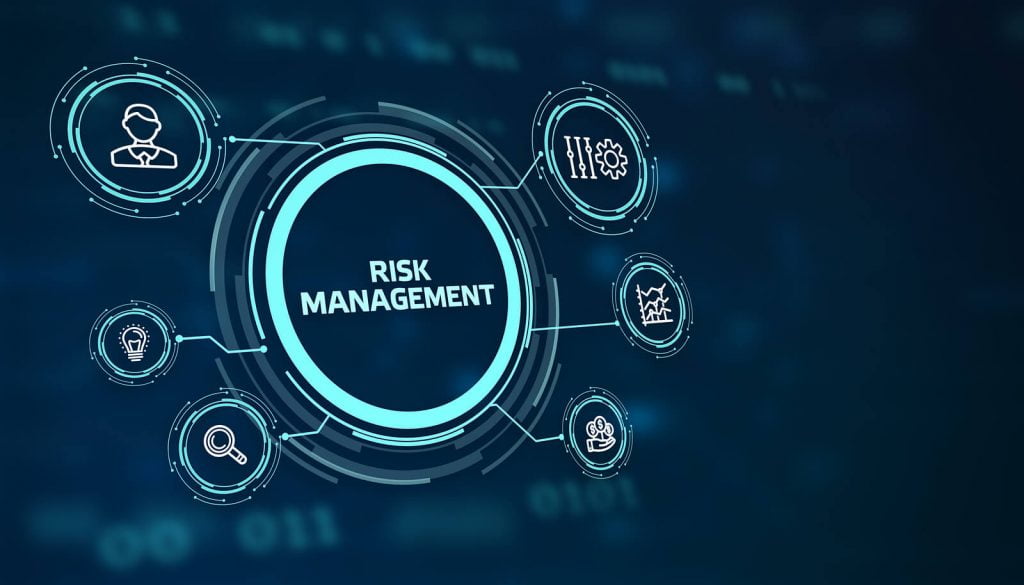Risk Management: A step towards consolidating Phase 1 & 2 Efforts to Systems Strengthening in Risk Management
Early in the year, the IRMG rolled out the Risk Management Training across 7 regions in the country targeting Risk Management Focal Persons (April – May, 2023). To conclude this activity, another specialized half day training for the IRMG Member Organization CDs & EDs was carried out on 1st June 2023 at Royal Suites, Bugolobi. Across the 7 regions 290 of the targeted 300 staff members as focal points from our member organizations participated in the training that saw at least 28 participants in Fort Portal (South Western), 22 in Mbarara (Western), 58 in Arua (West Nile), 28 in Gulu (Northern), 13 in Lira (Lango), 12 in Moroto (Karamoja), 31 in Mbale (Eastern) and 98 in Kampala (Central).
The agenda for the training was spanning around 3 core concerns raised in the last 3 trainings in phase 1 and 2 as well as emerging issues captured in both the end of project evaluation for phase 2 and baseline survey for phase 3. While the data gathered point to several areas, the three-days training paid more attention on the following: –
- Risk Management Framework (Risk Identification, Risk Assessment, Risk Response, Risk Measurement and Monitoring, Risk Reporting and Governance Aspects of Risk Management).
- Internal Controls Framework (Predict, Prevent, Detect, Monitor and Response Controls).
- Third Party Risk Management (Strategic, Reputation, Information Security, Compliance, Transaction and Operational).
For each of the above topics, participants were able to identify areas of strengths, weaknesses and opportunities to improve existing systems or otherwise implement more effective systems back in their organizations. It was also noticed that there were several underlying contextual issues raised depending on the program/thematic areas of implementation, mandate of the organizations, nature of the organization (INGO or NNGO), position of the staff in the organization as well as the location of the program office. Our focus shifted from merely knowledge sharing to change of attitude and practice. Practical application of the risk management processes and controls were thus at the heart of our training.
The risk management training was crowned with an engagement with the leadership of the IRMG member organizations whose efforts in playing an oversight role in implementing effective risk management mechanisms and systems has equally become critical as a key success area in risk management. With 25 directors representing 21 member organizations areas of strategic concerns were to ensure that there was clarity and improved perception on the following: –
- Cultivating a Risk Intelligent Management Culture as part of the directors’ effective support, governance & leadership – a commitment to Corporate/Enterprise Risk Management (ERM).
- Delving into the evolving concerns related to Third Party Risk Management – TPRM (Risk Management through IPs, Service Providers and other sector players) as leaders in the NGO environment.
- Sharing an executive summary of action areas from the focal persons that attended the training – overview of the risk management maturity results, challenges and opportunities as well as our planned technical support in implementing effective risk management mechanisms for your organization.
In volume 2 of our risk management series, we shall be delving in to some of the key action areas as shared by both the focal points and the directors. We intend to conclude the series by appreciating what strategic efforts the IRMG would want to invest time and resources in creating Risk Intelligent Organizations.

